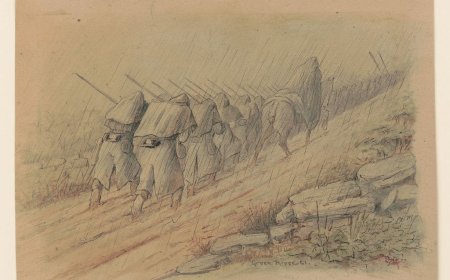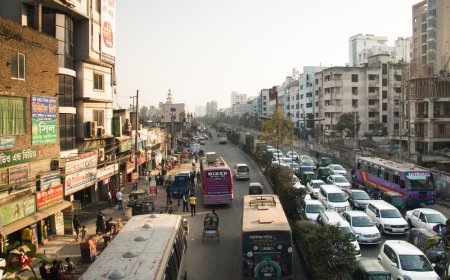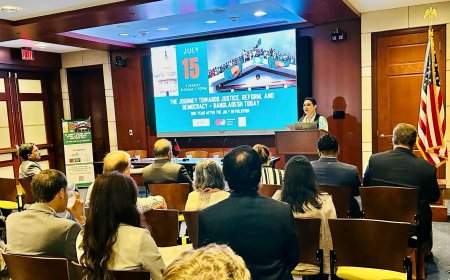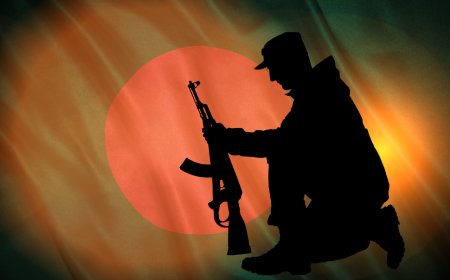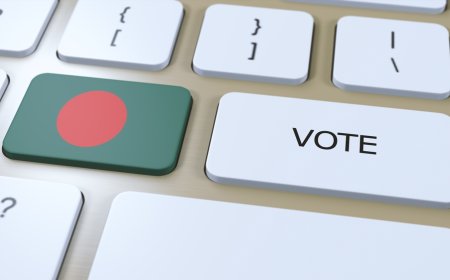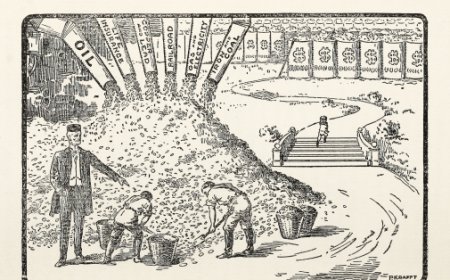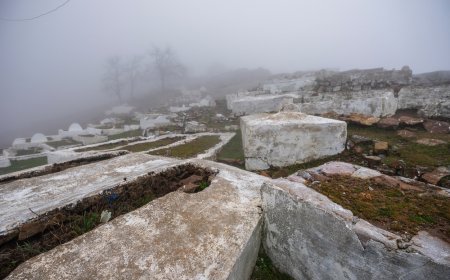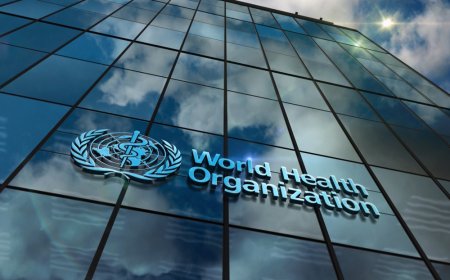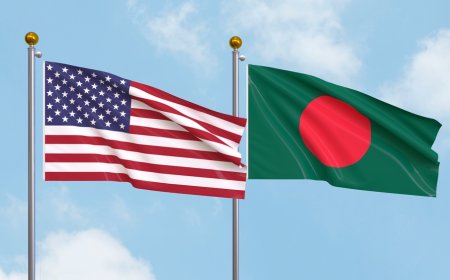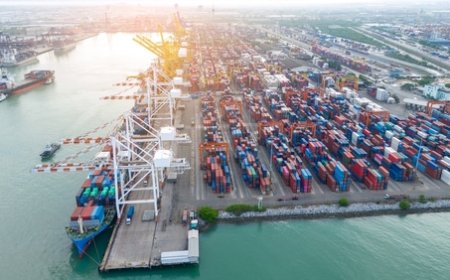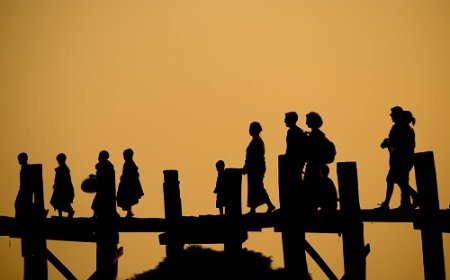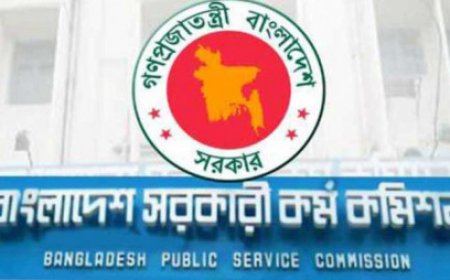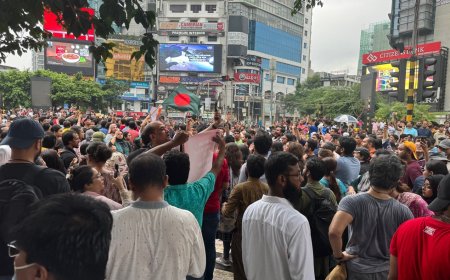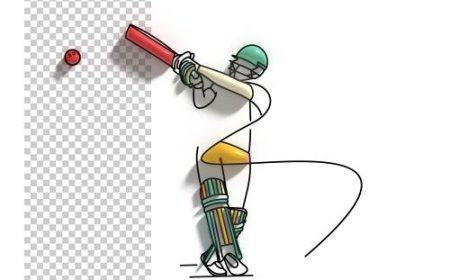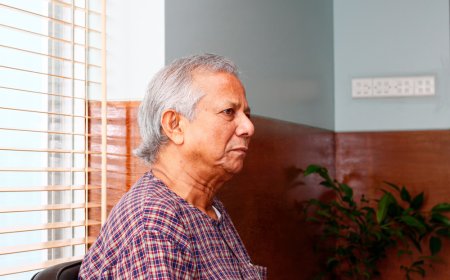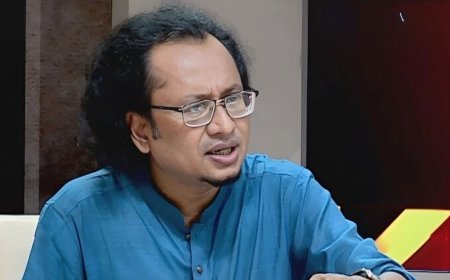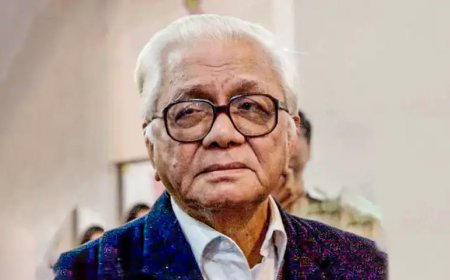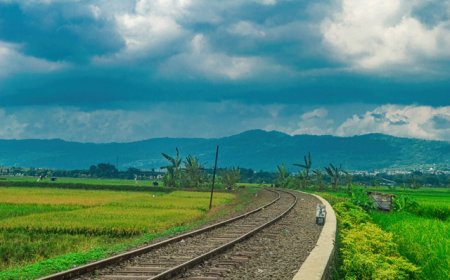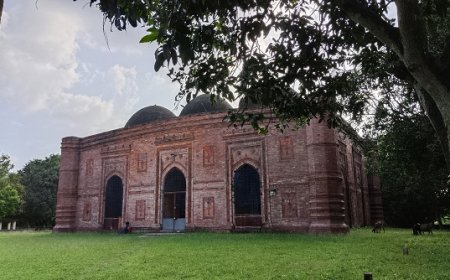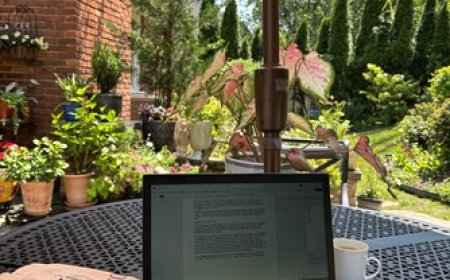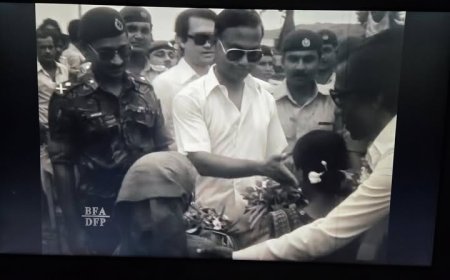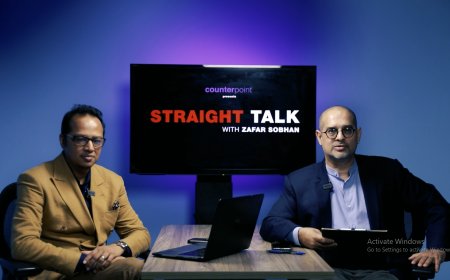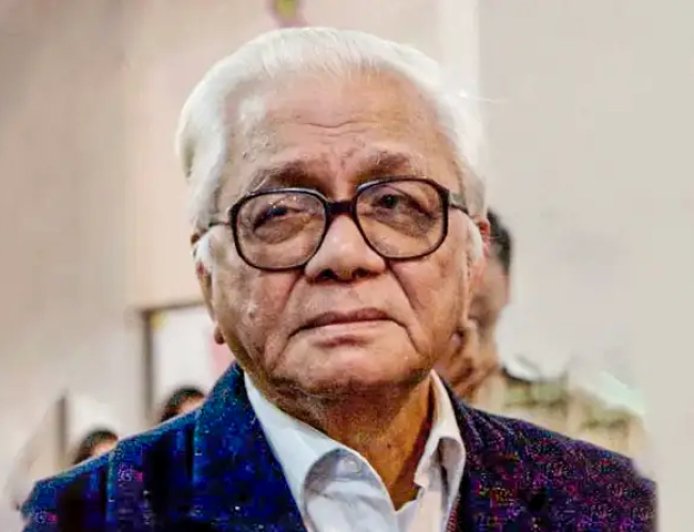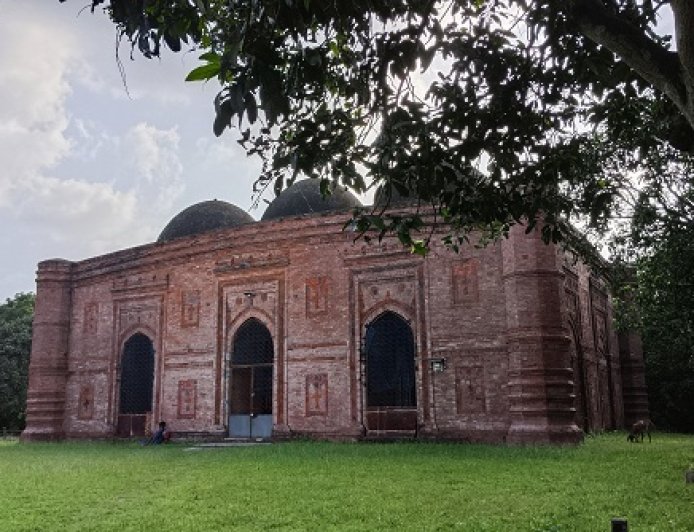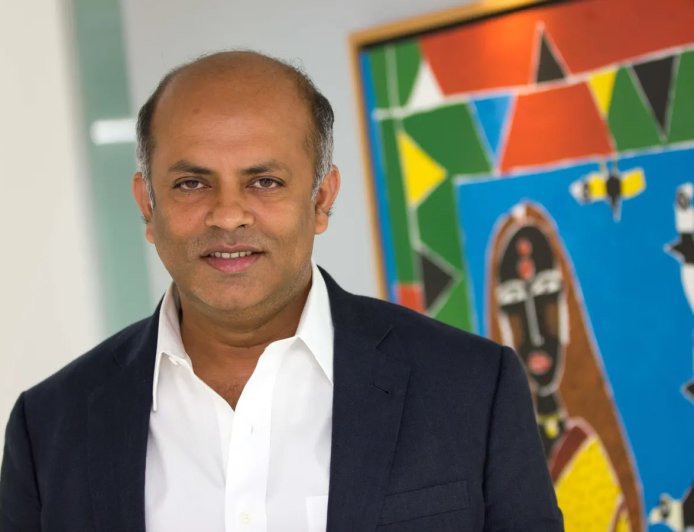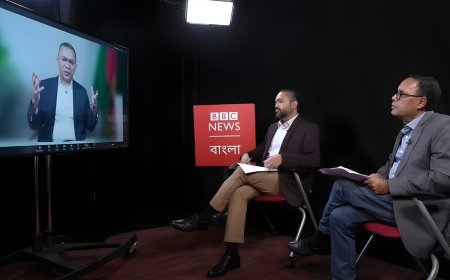Governing by Announcement
A contract which commits Bangladesh to a 30 year arrangement with foreign operators involving sensitive and vital parts of our national infrastructure is a contract an interim government with no official opposition should feel neither empowered not entitled to sign.
What Makes a Soldier? The Bangladesh Army Faces a Moral Catharsis
The army as an institution must not be tainted by the criminal misdeeds of a few. Those officers betrayed their sacred oath -- service before self, death before dishonour.
Dignity for Victims, Respect for the Armed Forces of Bangladesh
In the eyes of the law, liability is personal. A uniform is not a cloak of impunity, nor does the language of the law permit targeting the uniform to put an entire institution in the dock.
Dignity for Victims, Respect for the Armed Forces of Bangladesh
In the eyes of the law, liability is personal. A uniform is not a cloak of impunity, nor does the language of the law permit targeting the uniform to put an entire institution in the dock.
Killers Cannot Hide Behind the Uniform
There can be no mercy for those who were involved in enforced disappearances or extrajudicial killings. They must be brought to justice. Mercy to the guilty is cruelty to their victims.
Health Equity Must Be at the Heart of Bangladesh’s Democratic Transition
Health equity is the difference between a child getting antibiotics or dying from an infection. It is the difference between a woman surviving childbirth or bleeding to death. This is a moral test for the kind of nation we want to become.
Bangladesh Needs to Beware of Agent Provacateurs
How do you spot an agent provocateur in the pay of our enemies? Easy. Look for someone trying to create a wedge between the military and the public. Look for someone inciting violence.
What Can We Learn From the Opinion Polls?
There is much to be learned from the surveys that have been done over the past year. But is anyone, especially the political parties, listening?
A Proposal to Realize Expatriate Voting Rights
Instead of asking expats to vote in their "home constituencies," we should have overseas constituencies and overseas MPs. That way the expats can be represented in Parliament by someone who can address their immediate concerns.
Governing by Announcement
A contract which commits Bangladesh to a 30 year arrangement with foreign operators involving sensitive and vital parts of our national infrastructure is a contract an interim government with no official opposition should feel neither empowered not entitled to sign.
The Limits of De-dollarization in Asia: Insights from Bangladesh
The vision of an Asia less dependent on the US dollar is not impossible, but it is certainly difficult. Bangladesh’s experience vividly demonstrates why.
Britain’s Rise Was Bengal’s Fall, But Now Bangladesh Can Rise Again
Britain’s industrial revolution was fueled by the plunder of Bengal. What we call progress in London was poverty in Dhaka. With Hasina gone, Bangladesh has a chance to reclaim its stolen future and build Bangladesh 2.0 -- democratic, innovative, and prosperous.
What Makes a Soldier? The Bangladesh Army Faces a Moral Catharsis
The army as an institution must not be tainted by the criminal misdeeds of a few. Those officers betrayed their sacred oath -- service before self, death before dishonour.
The Orchestrated Crash: Why Bangladesh’s Roads Are a Laboratory of Chaos
Traffic accidents and the devastation they wreak are not inevitable. We can fix this problem, if we have the will.
The Ballad of the Missing Bullets
Each missing gun is a potential shooting at a street corner, a robbery, a killing. As national elections approach, the fear is not hypothetical. It is Chekhov’s gun multiplied by a thousand: if a weapon hangs on the wall in Act I, it must go off by Act III. And Act III is the election.
We Need a National Artificial Intelligence Policy
We are already behind, but it is not too late and it need not continue to be that way. AI can help Bangladesh take a quantum leap into the future.
An Open Letter to WHO: You Knew Who Her Mother Was. Why Did You Wait?
The WHO placing Saima Wazed on "indefinite leave" is too little, too late. She should never have been given the post to begin with, and it should not have taken so long to remove her.
Of July and Revolutions
Contrary to confident public pronouncements by commentators, the Bangladesh-America relationship remains strong and is poised to reach new heights in the future

